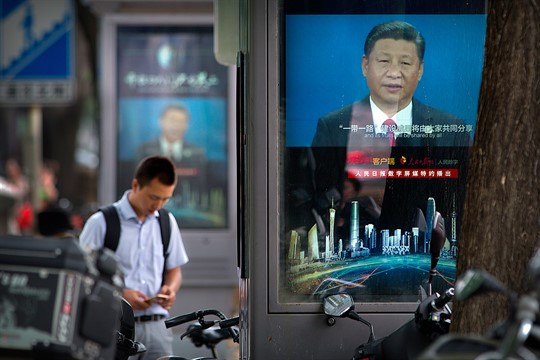In late November, Daniel Zhang, the chairman and CEO of Chinese e-commerce giant Alibaba, gave a speech at the Chinese government-sponsored World Internet Conference. The event was taking place in Wuzhen, a historic town in eastern Zhejiang province, but Zhang’s intended audience was hundreds of miles away, in Beijing. Just weeks earlier, Chinese regulators had nixed the blockbuster initial public offering of Ant Group, Alibaba’s financial arm, reportedly at the behest of China’s leader, Xi Jinping. Xi and other top officials took umbrage at earlier comments by Jack Ma, Alibaba’s co-founder, who had publicly criticized regulators for stifling innovation.
Seeking to mend fences, Zhang’s carefully scripted address praised government policies for growing the digital economy while highlighting Alibaba’s role in helping China become a “cyber superpower.” This was not the first instance of a prominent tech executive paying lip service to Xi’s long-term goal of technological supremacy. And given the party’s current emphasis on solidifying control over the private sector, it won’t be the last.
 Eurasia Press & News
Eurasia Press & News



